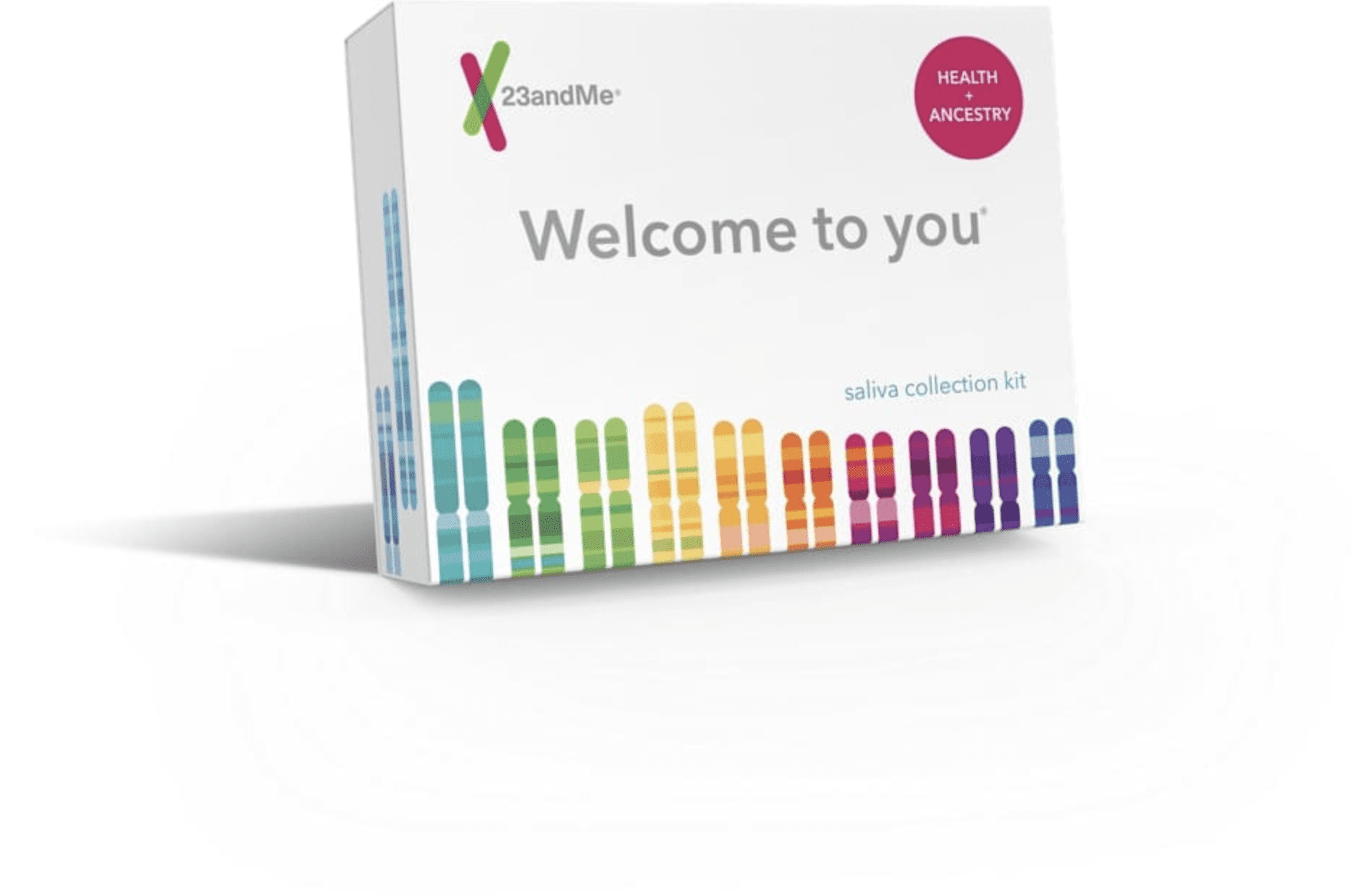Let's talk aboutBloom Syndrome
What is Bloom syndrome?
Bloom syndrome is a rare genetic disorder characterized by impaired growth and an increased risk of infections and cancer. A person must have two variants in the BLM gene, or two copies of a variant, in order to have this condition. People with just one variant in the BLM gene are called carriers. They’re not expected to have Bloom syndrome themselves, but they could pass their variant on to their future children.
Is Bloom syndrome genetic?
Yes, Bloom syndrome is a genetic condition. Bloom syndrome is caused by variants (differences) in the BLM gene. The BLM gene contains instructions for making a protein called Bloom Syndrome Protein (also known as RecQ2). This protein helps protect DNA when it’s copied and repaired. Certain variants in the BLM gene disrupt this function, which can lead to harmful breaks and rearrangements in DNA.
What are the symptoms of Bloom syndrome?
Symptoms of Bloom syndrome typically develop during infancy. Signs and symptoms include small body size, recurring infections, cancer at a young age, sun-sensitive skin, infertility in men, and early menopause in women.
Did you know?
Bloom syndrome is most common in people of Ashkenazi Jewish descent.
Explore more
The 23andMe Bloom Syndrome Carrier Status report* can tell you whether you may be a carrier for Bloom syndrome. Being a carrier means you have a genetic variant that you could pass down to your future children. 23andMe tests for one variant in the BLM gene linked to Bloom syndrome, and the report is most relevant for people of Ashkenazi Jewish descent. 23andMe does not test for all possible genetic variants linked to Bloom syndrome, and individuals who have zero variants detected still have a chance of being a carrier for Bloom syndrome.
The Bloom Syndrome Carrier Status report is included in the 23andMe Health + Ancestry Service.

Health + Ancestry Service
*The 23andMe PGS test uses qualitative genotyping to detect select clinically relevant variants in the genomic DNA of adults for the purpose of reporting carrier status and reporting and interpreting genetic health risks. The relevance of each report may vary based on ethnicity. Our carrier status reports can be used to determine carrier status, but cannot determine if you have two copies of any genetic variant. These carrier reports are not intended to tell you anything about your risk for developing a disease in the future or anything about the health of your fetus, or your newborn child’s risk of developing a particular disease later in life. For certain conditions, we provide a single report that includes information on both carrier status and genetic health risk. The Bloom Syndrome Carrier Status report is indicated for the detection of one variant in the BLM gene and is most relevant for people of Ashkenazi Jewish descent. For important information and limitations regarding each carrier status report, visit https://www.23andme.com/test-info.
References
Sanz MM et al. (2006). “Bloom’s Syndrome.” [Updated 2016 Apr 7].